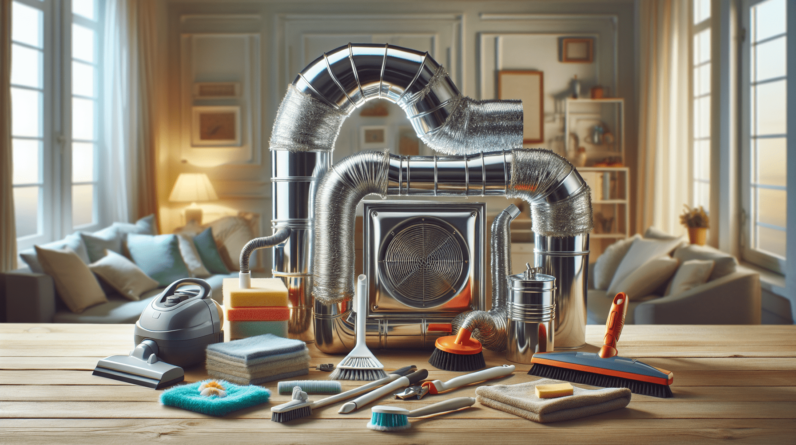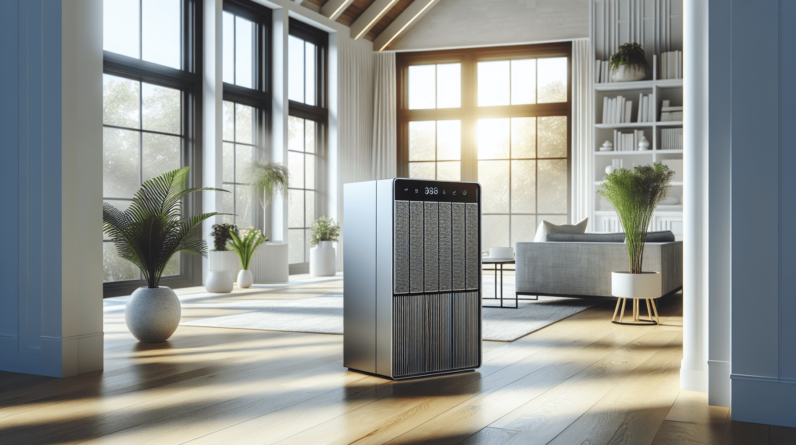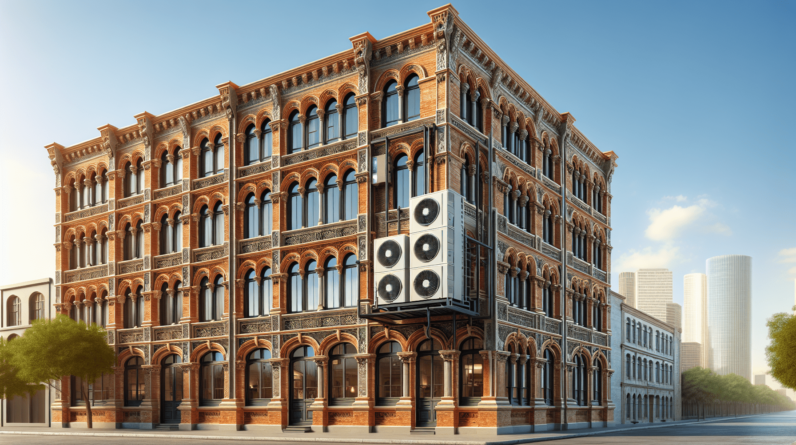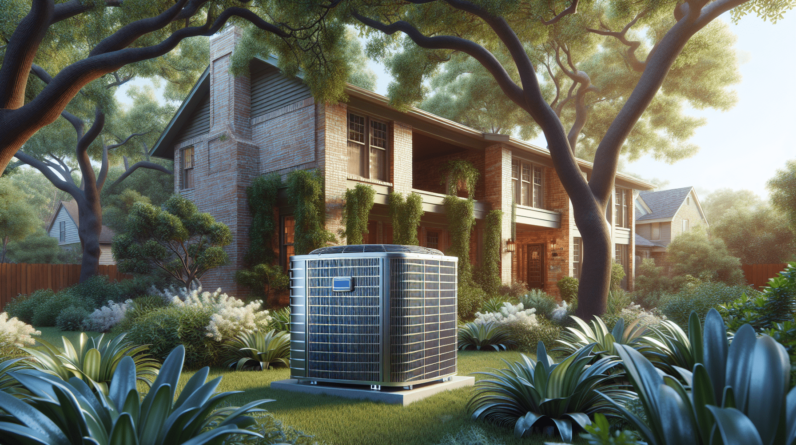

What’s the first thing you think about when considering the comfort of your home? For many, it’s likely the heating, ventilation, and air conditioning (HVAC) system. If you’re looked into installing HVAC in a 2,000 square foot house in Houston, Texas, then you might be wondering about the costs involved. Let’s break it down for you.
Understanding HVAC Installation
HVAC systems are essential for maintaining a comfortable indoor environment. They regulate temperature, humidity, and air quality, making your living space more enjoyable year-round. But before you get into the specifics of cost, it’s crucial to understand what HVAC installation involves.
What Does HVAC Installation Entail?
When you install an HVAC system, several components come into play, including the furnace, air conditioner, ductwork, and sometimes air purifiers or humidifiers. The process usually involves:
- Assessment: A professional will evaluate your home to determine the best type of system for your needs.
- Selection: You’ll need to choose the appropriate equipment based on your budget and preferences.
- Installation: This is where technicians set up the various components, ensuring everything is connected and functioning correctly.
- Testing: Once installed, the system is tested to ensure optimal performance.
Understanding these steps gives you a clearer picture of why installation costs can vary.
Average Cost of HVAC Installation
When budgeting for HVAC installation in a 2,000 square foot house in Houston, expect the overall costs to range widely. Factors influencing the cost will include the type of system you choose, the complexity of the installation, and the contractor you hire.
Breakdown of Costs
Here’s a rough estimate of the costs associated with installing an HVAC system in your home:
| Component | Estimated Cost |
|---|---|
| New HVAC System | $3,500 – $7,500 |
| Ductwork Installation | $1,000 – $5,000 |
| Labor Costs | $500 – $2,500 |
| Additional Features (e.g., zoning systems) | Varies $500 – $3,000 |
| Total Estimated Cost | $5,500 – $18,000 |
Types of HVAC Systems
The type of system you select can greatly influence your total cost. Here are some popular options:
Central Air Conditioning
This type of system is common in many homes. A central air conditioning unit uses ductwork to distribute cool air throughout your space. The average cost for this installation is around $3,000 to $7,000.
Heat Pumps
Heat pumps can function as both heating and cooling units, making them versatile. They are energy efficient, with installation costs typically ranging from $4,000 to $8,000.
Ductless Units
If your home doesn’t have existing ductwork, you might consider ductless mini-split systems. These are usually easier to install but can be pricier, often costing between $3,000 and $5,000 per zone.
Installation Complexity
Also, consider the complexity of the installation process. If your house requires extensive ductwork or other modifications, that can significantly increase costs. Homes with existing ductwork may find installation smoother and therefore less costly.
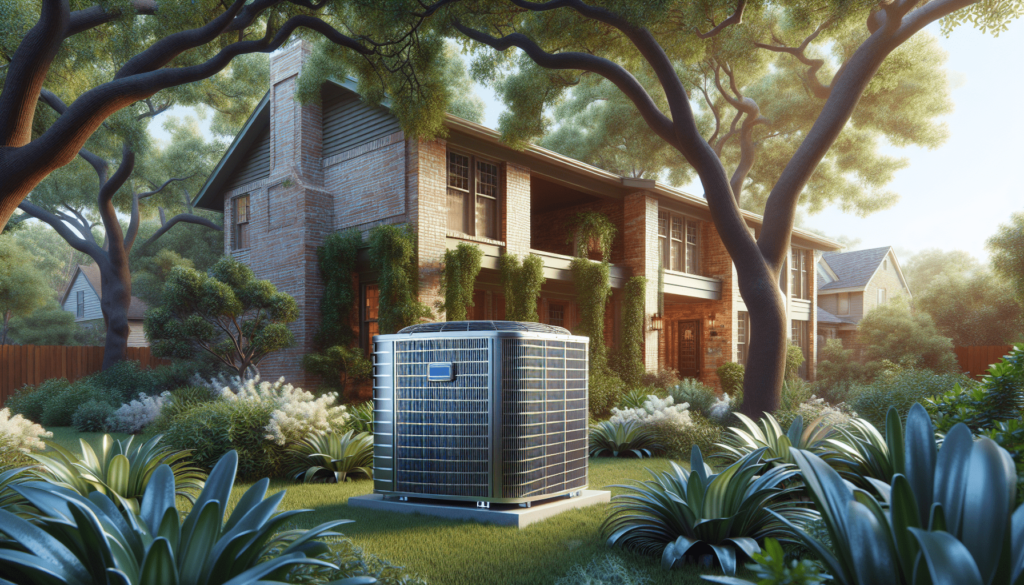
Additional Factors Affecting Costs
A few other aspects can influence the total installation cost of your HVAC system.
Size and Efficiency
Bigger units might seem better, but larger systems aren’t always more efficient. Choosing the right size for your home is essential. An improperly sized unit can lead to higher energy bills and inadequate heating or cooling. Opting for energy-efficient models might come with higher upfront costs, but can save you money in the long run through reduced energy bills.
Seasonal Timing
The time of year can also affect costs. Installations during peak seasons (summer and winter) might be more expensive due to demand. If you can schedule the installation during the off-peak months, you may find more competitive pricing.
Home Location
Geographical location plays a role too. In Houston, the high humidity and heat mean that an efficient HVAC system is a necessity. Costs may be higher here compared to regions with milder climates.
DIY vs. Professional Installation
You might be tempted to take the DIY route when installing your HVAC system, mainly to save costs. However, consider the following:
Risks of DIY Installation
- Safety Hazards: HVAC systems involve electricity and gas lines, which can be dangerous if mishandled.
- Warranty Issues: Many manufacturers require professional installation to maintain the warranty on your system.
- Inefficiency: Improper installation can lead to inefficient performance, resulting in higher energy bills.
Benefits of Professional Installation
- Expertise: Professionals have the experience and knowledge to ensure proper installation.
- Time-Saving: What might take you several weekends to accomplish can often be completed by a pro in a day or two.
- Peace of Mind: Knowing the installation is done correctly can be invaluable.
Choosing the Right Contractor
Selecting a qualified contractor is vital for a successful HVAC installation. Here are some tips for finding the right professional:
Look for Licensing and Insurance
Always choose a contractor with proper licensing and insurance. This protects you from liability in case of accidents during installation.

Check References and Reviews
Ask for referrals or read online reviews. Previous customers can provide insights about the contractor’s reliability and quality of work.
Get Multiple Quotes
Contact several contractors to get quotes. This will not only give you a sense of the market rate but allows you to compare services offered.
Maintenance Costs After Installation
Once your HVAC system is installed, it’s essential to think about the ongoing maintenance costs to keep it running efficiently.
Regular Maintenance
Most experts recommend having your HVAC system serviced at least once a year. Expect to pay between $100 and $300 for routine checks. Regular maintenance can:
- Extend the life of your unit.
- Ensure optimal performance.
- Prevent expensive repairs down the line.
Repairs
Keep in mind that repairs can also arise unexpectedly. It’s wise to set aside some money in your budget for potential repair costs.
Impact of HVAC Choices on Energy Bills
Making conscientious choices regarding your HVAC system can lead to savings on your energy bills. Here’s how to ensure your system operates efficiently:
Energy Efficiency Ratings
When selecting an HVAC unit, pay attention to its energy efficiency rating. The Seasonal Energy Efficiency Ratio (SEER) is crucial. The higher the SEER rating, the more efficient the system, which translates to lower utility bills.
Smart Thermostats
Investing in a smart thermostat can optimize your energy use greatly. Smart thermostats learn your habits and can adjust the temperature accordingly, reducing energy waste.
Insulation and Home Efficiency
Your home’s insulation will also influence HVAC efficiency. If your home isn’t well-insulated, all your heating and cooling efforts may go to waste. Proper insulation can reduce the load on your HVAC system, thus lowering your bills.
Conclusion: Making an Informed Decision
Installing an HVAC system in your 2,000 square foot house in Houston is a significant investment. Costs can range widely based on several factors, from the type of system to labor and materials average costs. Understanding your options and local climate needs will help you make an informed decision.
Ask yourself what feels comfortable for you in terms of budget and efficiency, and don’t hesitate to seek professional help to guide you through the process. Investing time in research today can lead to a more comfortable home tomorrow and potential savings down the road. Happy heating and cooling!

